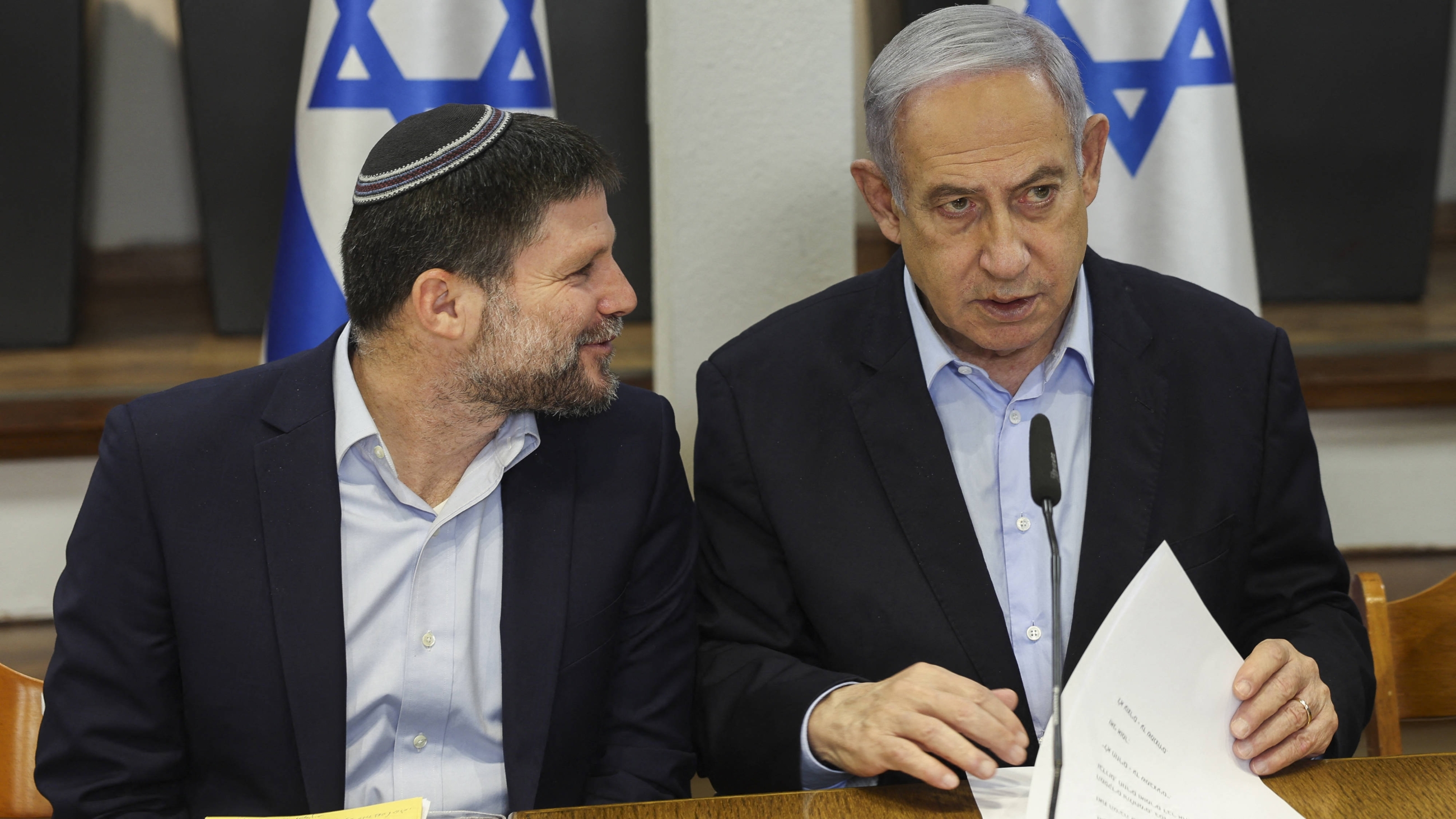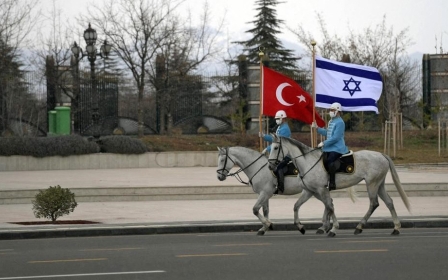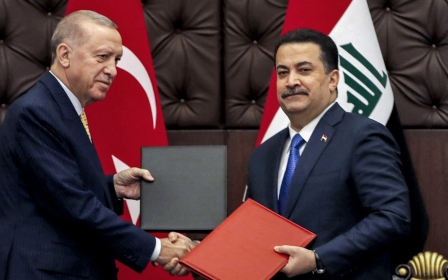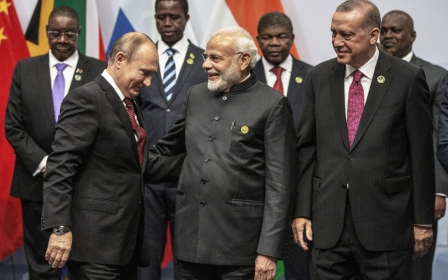Smotrich talks tough but Israel is in no hurry to sanction Turkey

The Israeli government is still discussing ways to impose heavy duty on Turkish products and impose a licensing protocol on their imports, three sources familiar with the issue told Middle East Eye, despite criticism from local businesses.
Israeli Finance Minister Bezalel Smotrich, a far right nationalist, said on Sunday that the tariff increase on imports from Turkey is a “suitable zionist answer” to Turkish President Recep Tayyip Erdogan who halted bilateral trade in May until Israel approves a sustainable ceasefire in Gaza.
Smotrich said he would propose to the cabinet the cancellation of all reduced customs rates applicable to goods imported from Turkey under a 1996 free trade agreement, and impose additional duty at a rate of 100 percent of the value of any Turkish product.
Smotrich's proposal suggested that such a measure must remain in effect until Erdogan’s presidential term is completed.
Israeli media reports have indicated that discussions were also under way to force companies interested in importing Turkish goods to acquire licences from the government.
New MEE newsletter: Jerusalem Dispatch
Sign up to get the latest insights and analysis on Israel-Palestine, alongside Turkey Unpacked and other MEE newsletters
However, the government made no official announcement on such steps after the cabinet meeting on Sunday.
The reports that emerged from the meeting suggest that Smotrich criticised the government for not forcefully confronting Erdogan by saying: "Our relationship with Turkey is like a man telling a girl to go and she insists on staying." The analogy apparently agitated Israeli Prime Minister Benjamin Netanyahu, who said a girl could also ask the man to leave.
Public interest over national honour
“There is no official decision,” said one person familiar with the discussion.
A second source said the issue was being discussed “in an inter-ministries committee headed by director generals”, but a final decision was yet to be made.
A third source said the government and bureaucrats were split in response to the Turkish sanctions, with some preaching calm until the storm passes considering that Ankara and Tel Aviv are important trade partners.
Trade volume between the two countries was $6.3bn in 2023, out of which 76 percent were Turkish exports, according to the Turkish Statistical Institute. Turkey used to supply Israel with cheap products.
The government's initiative to burden the customs on imports from Turkey has been severely criticised by the Israeli Union of Chambers of Commerce.
“We must not be drawn into a trade war that begins in Turkey and has an unknown end,” Shachar Turjeman, president of the Association of Chambers of Commerce, told Israeli media over the weekend.
“I call on the government to focus on measures that will prevent the acceleration of the cost of living and not fuel it.”
Turjeman called on the finance ministry to follow the public interest rather than “national honour” before making decisions that could increase the cost of living.
The association argued, in a paper submitted to the government, that such additional duties on Turkish products will increase the cost of goods for importers in Israel and "directly affects alternative markets such as Greece, Italy and Egypt".
Middle East Eye delivers independent and unrivalled coverage and analysis of the Middle East, North Africa and beyond. To learn more about republishing this content and the associated fees, please fill out this form. More about MEE can be found here.





